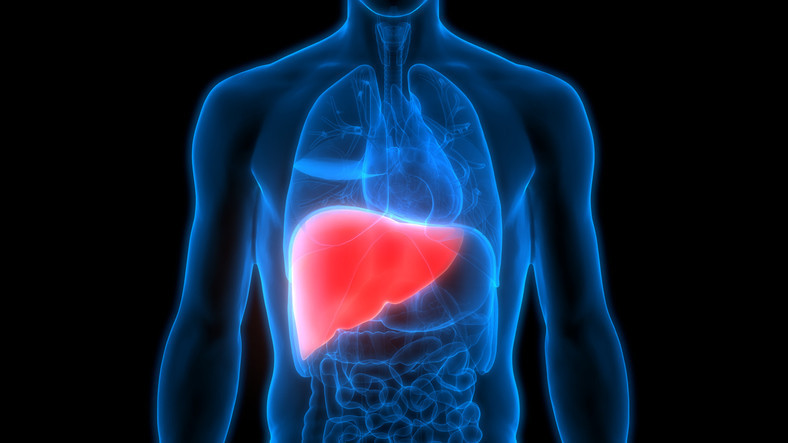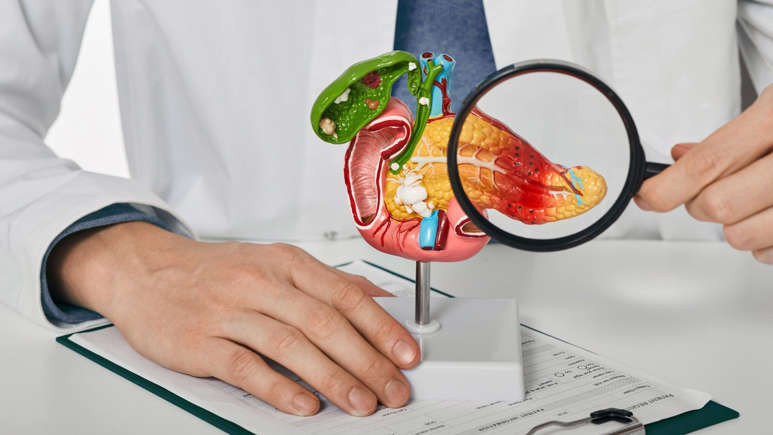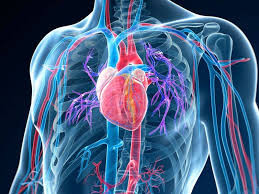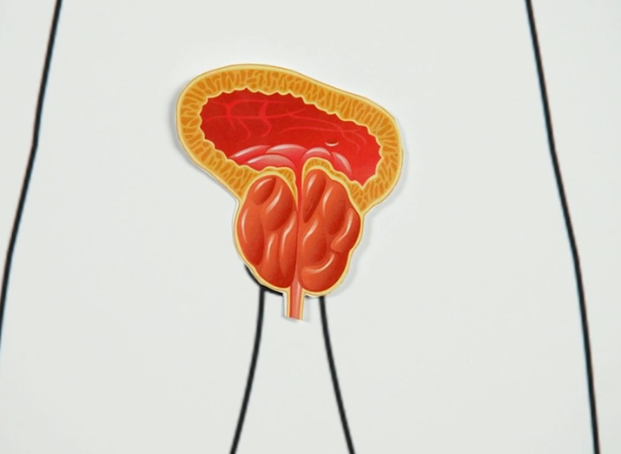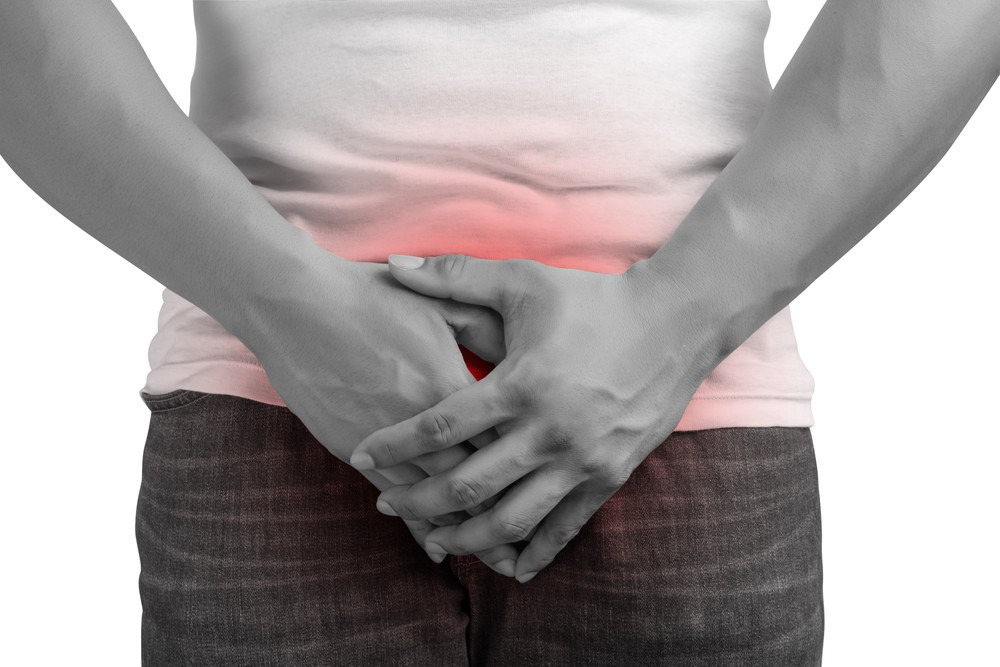The liver is the second biggest organ in your body, second only to your skin. It performs many functions that are vital to your health making I one of your body’s most important organs. The average adult liver is football shaped and weight about three pounds. It lies on the body’s upper right side, behind the lower ribs.
Your liver is made up of two main lobes – each with eight segments containing 1,000 smaller lobes. Nearly all the blood in your body will circulate through your liver. And at any given time your liver holds about 1 pint of blood some 13% of your body’s entire blood supply.
As blood passes through the liver, the organ removes waste and deteriorating cells, absorbs and stores nutrients, regulates clotting, filters and processes chemicals in food and medicines, breaks down excess haemoglobin and insulin, deactivates poisons and toxins like ammonia, produces cholesterol and critical proteins for blood plasma. The liver also produces bile, which helps the body absorbs fats and eliminate waste products.
Liver disease leading to liver failure includes fatty liver, liver fibrosis, hepatitis C, liver cirrhosis and liver cancer. But poisoning or a drug overdose can cause acute liver failure, which happens suddenly.
Liver disease leading to liver failure includes fatty liver, liver fibrosis, hepatitis C, liver cirrhosis and liver cancer. But poisoning or a drug overdose can cause acute liver failure, which happens suddenly.
So watch the drinking as it has the worst effect on your liver – dry January perhaps? Also beware of drinking on an empty stomach and binge drinking both which can affect your liver. Also watch your weight and do regular exercise. The good news is that if you start to look after your liver it can slowly repair itself.
The liver performs many functions that are vital to your health making I one of your body’s most important organs.
